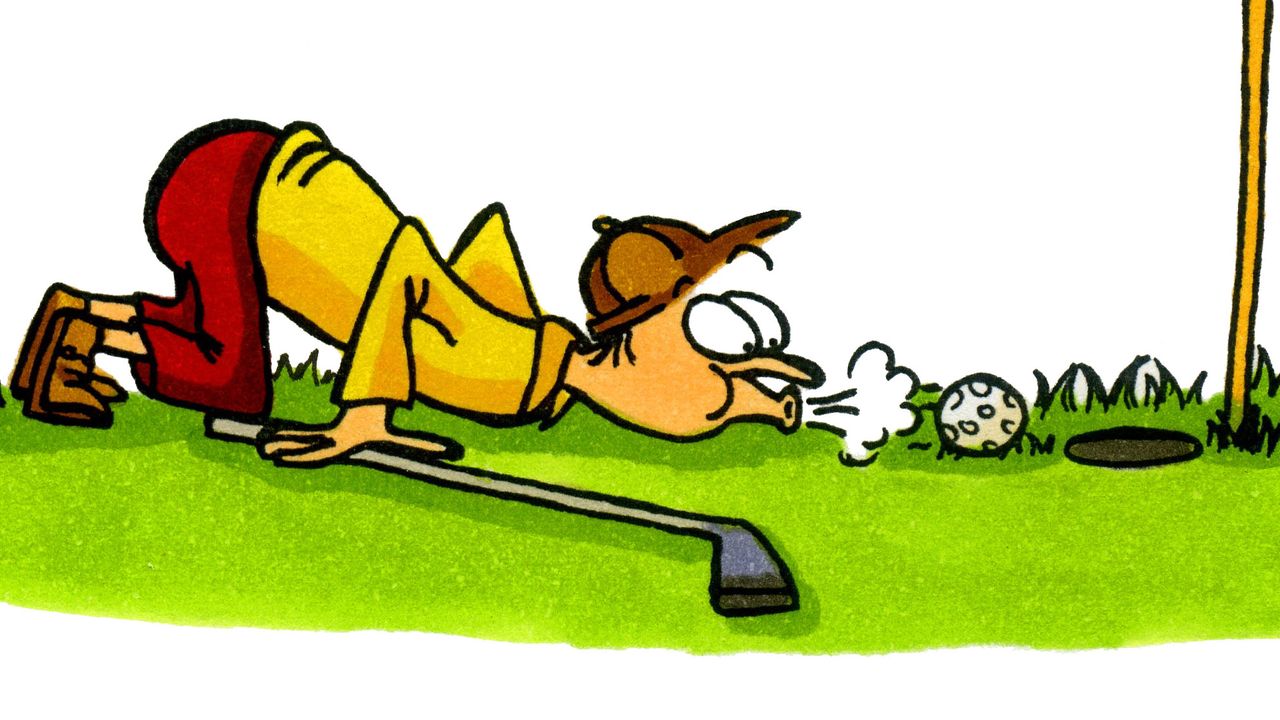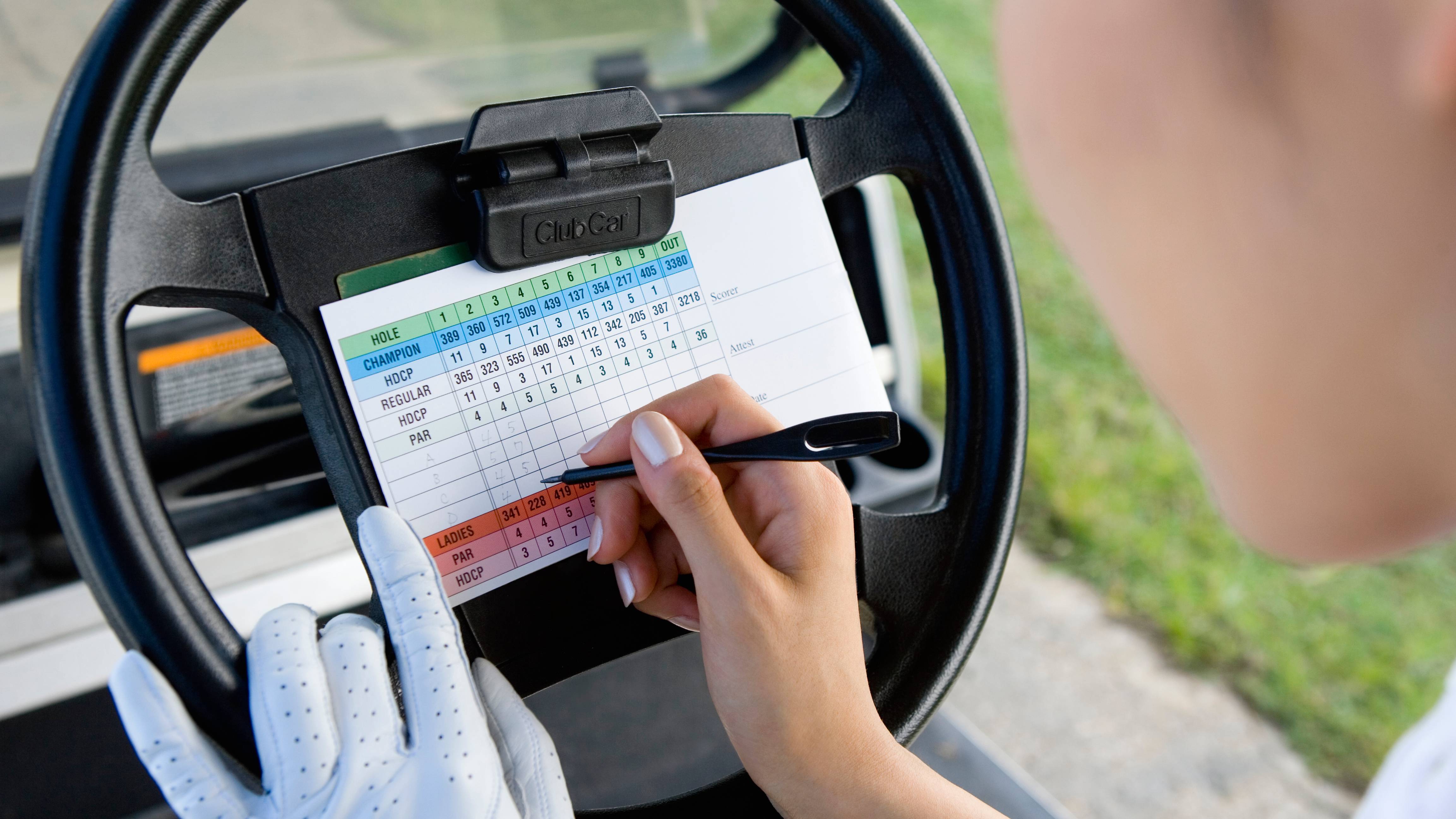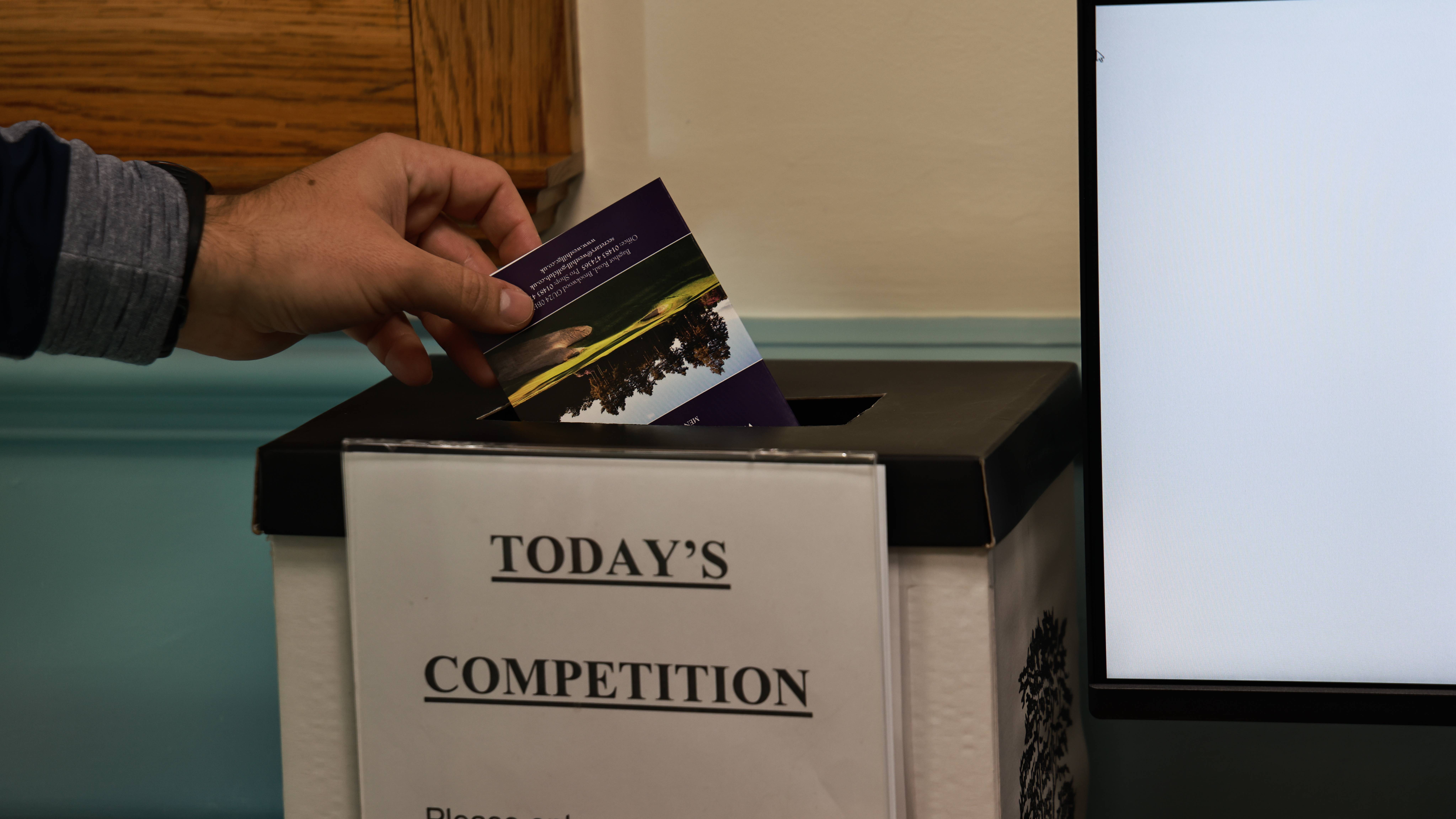
Golf is a game of numbers, every time you intentionally strike that ball, be it your longest drive, a tap in, out of bounds, or in the water, it counts. Regardless of format, it is your score that will always matter.
Yet there are now too many golfers out there who seem to lose the ability to count once they step onto the first tee, or even worse, they simply disregard penalties or short missed putts as something they don’t have to worry about or take seriously.
The post-Covid boom, which has brought many new players to the game and undeniably been a breath of fresh air for golf, has also brought with it a new casualness to many people’s approaches to the game.
I’m all for making golf more casual in terms of dress code and formats. Through my work as a coach, I strive to make golf as accessible as possible, but I will never be casual about cheating! Because that is what failing to keep count of your score correctly is, it’s cheating. I’m sad to say, I’ve had more dealings with cheating in the last 3 years than I have had since I started playing competitively way back in 1996.
I believe the World Handicap System has likely contributed to this cheating epidemic. While designed to make the game fairer by standardising how scores are calculated across courses worldwide, many players have seized the opportunity to ‘game’ the system by over-inflating scores to protect their handicaps, or the more common one I have observed, is people putting in cards with lower scores.

For many new to the game, the allure and ego boost of getting a low handicap quickly is simply too tempting. I regularly see golfers swinging on the range who I mentally mark as approximately a 15 handicap, who then tell me they play off 4!
What the cheaters don’t realise though is just how blatantly obvious what they are doing is to everyone else. My husband, who is also a PGA pro, recently joined England Golf’s iGolf app to get a handicap. He turned pro off scratch and received his new system handicap of +2, although he personally feels a more realistic handicap for him would be between scratch and 2.
Having the app and being able to see his friend’s scores has been a nostalgic experience of his amateur days. However, the not so nostalgic part that came with being able to follow others is the dodgy scoring. One of his acquaintances had 24 rounds recorded on his profile and not one of his cards had a single double bogey! Scottie Scheffler, who has had 12 this season, should give him a call and get some tips!
There will, of course, be some golfers out there who don’t enjoy keeping score or have genuine cognitive reasons for finding it difficult. This piece is not aimed at you. It is directed at those who don’t respect the responsibility of keeping an accurate score.

If reading this has made you realise that perhaps you have not been as disciplined as you should have been, or if you genuinely do struggle with keeping track, here are some simple ways you can ensure you get your score right every time
Invest in a shot counter, which comes in many shapes and sizes. From beads on a string that you move after each shot to small clicker counters that can clip onto your bag or glove. If you are lucky enough to own a golf trolley or a watch that has GPS, it is likely you already have a shot tracking feature on there, so make use of it.
I have heard people say they forget to do the clicker which starts leading down the path of needing a clicker for a clicker, but you don’t leave the house without putting clothes on. You need to think of your scoring as important to remember.
If you don’t want to rely on counters and improve your own ability, saying each numbered shot out loud after you play can help, or simply break down the hole into sections of tee shot, fairway, approach shots and putts. Always be sure to mark your card after each hole.

If you are new to golf, it is completely understandable how trying to remember what to do as well as keeping track of your score can feel overwhelming, but like learning to drive, every time you go out things will start to feel more natural to you.
But what if you are in a situation of knowing someone who always knocks shots off and acts like it’s not a big deal? How you handle it depends on their personality and your relationship, as no one likes confrontation.
If they are your friend, I would set expectations before you play, “We’ll mark each hole at the next tee and have a 9-hole score check.” That way a player knows you take scoring seriously and want to be thorough.
If they are not your friend, or you feel you can be direct, call it out by saying, “You don’t seem to be taking scoring seriously as your count is off every time, do you want me to help you by keeping track for the next few holes?” This should wake them up, knowing you won’t tolerate any funny business.
Above all, remember golf is for everybody and its growth in popularity is good for the game. There is, and will always be, room for those who enjoy playing and not keeping score. It doesn’t make you any less of a golfer and finding the right type of golf you enjoy is part of the journey.
But if you do decide you want to be competitive, mark cards, get a handicap and play in competitions, keeping score isn’t just about numbers on a card, it’s about respecting the game, yourself and those you play with.







